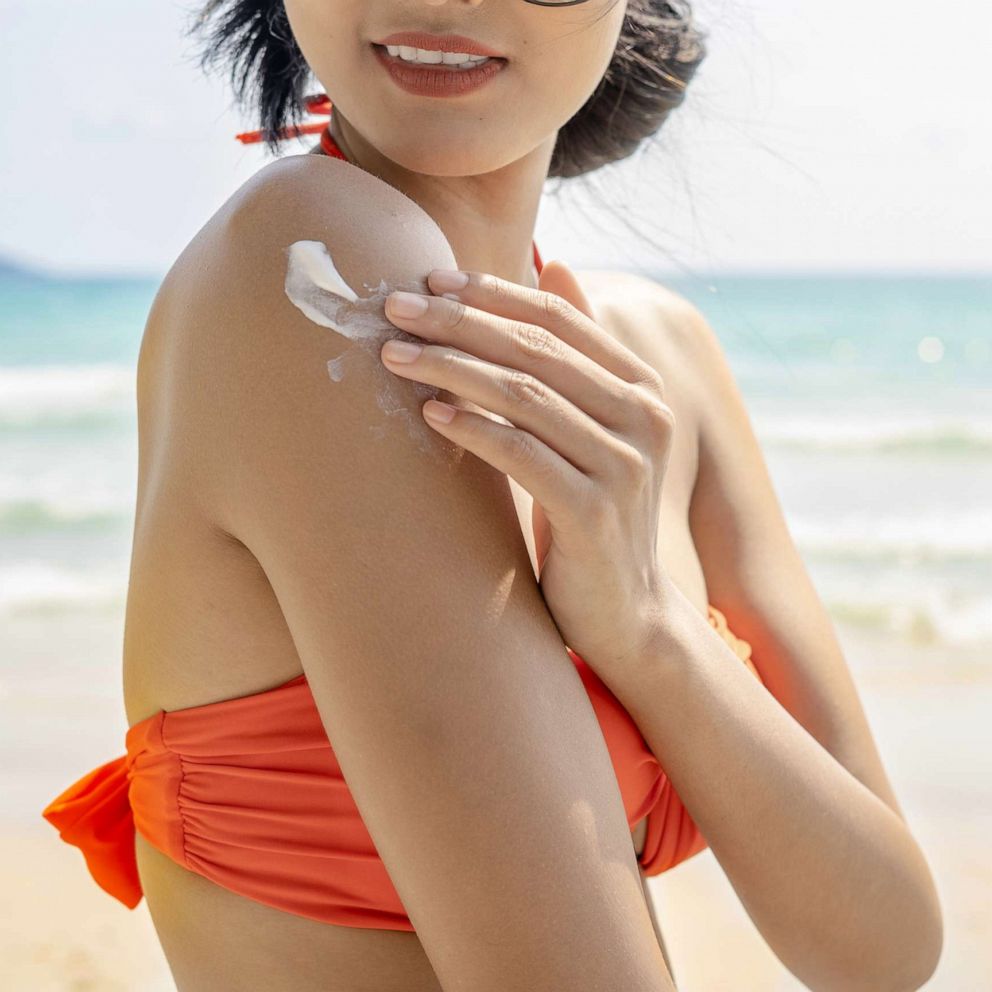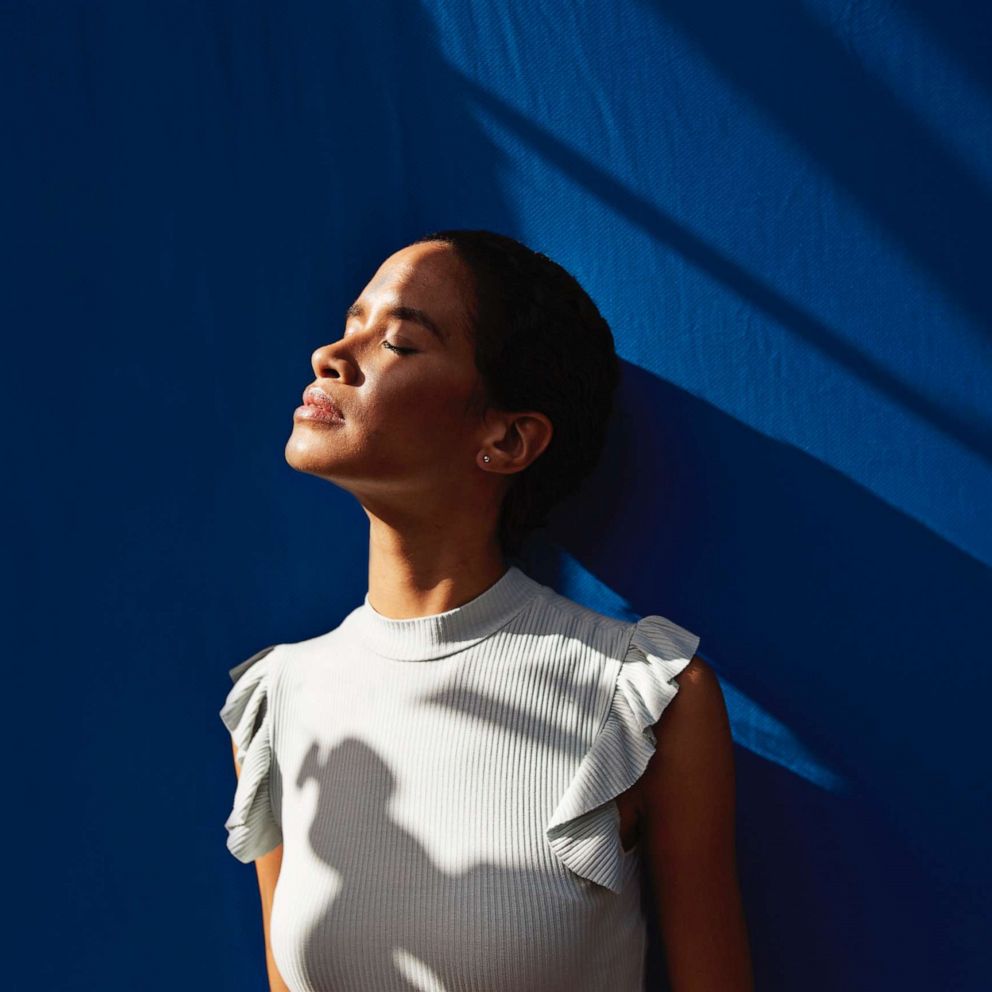Dermatologist Dr. Michelle Henry talks importance of sun protection for melanin-rich skin
"Our melanin is amazing, but not absolutely perfect," she said.
As Americans come out of a year of lockdowns and quarantine, many people are looking forward to outdoor celebrations, barbecues and summer beach days. But with increased time outdoors, there is also an increased need for sun protection.
And according to the American Academy of Dermatology Association, people of all colors -- including those with brown and Black skin -- can get skin cancer (yes, even if you never sunburn).
Dr. Michelle Henry, who owns Skin & Aesthetic Surgery in New York City, spoke with “Good Morning America” correspondent Janai Norman on the need for all women of color to protect their skin every day. Henry is one of the dermatologists featured in Allure’s “The Melanin Edit,” a new platform created to explore every facet of a melanin-rich life.
Read some of Henry and Norman's conversation below.
Janai Norman: So explain to me what exactly melanin is?
Dr. Michelle Henry: Melanin is a natural pigment. We see it in people and in animals, and it is a major contributor to the color of our hair, our skin and our eyes. So, it really has some really robust protective properties. It works kind of like a protective cap over the nuclei in our cells and it houses our DNA, so it protects us from UV damage. We know that UV is a known carcinogen and it causes skin cancer, and melanin literally protects [you] physically, it scatters that UV light and has sort of a shielding effect. It's also a really robust antioxidant. And so that's why in darker skin types you notice a lower incidence of skin cancer -- 70% less likely to have skin cancer. And also, you notice less photo damage or less aging, because of that combination of your UV protection and protecting us from those free radicals by working as an antioxidant.
JN: That's good news, but you still have to take care of it -- because you said 70% less chance of getting skin cancer. That's not zero?
MH: Absolutely not zero. And what's really interesting is because of that lower index of suspicion on the part of both patients and physicians, when we do find skin cancers in patients of color, the outcomes are far worse. So if you look at melanoma, the five-year survival rate in someone with Black skin is about 65%, and someone with white skin is higher than 90%. And so this has real implications. We really need to realize that our melanin is great and it's beautiful and it's protective, but it's absolutely not perfect. And so we still have to protect our skin.
JN: And we have to do that by wearing sunscreen?
MH: Sunscreen! It is religion, every single day. If you're outside for more than an hour, you need to wear SPF 50. You need to reapply every two hours. If you're in the pool, it is not waterproof, it is water resistant, so you really need to be applying more often if you're getting wet. And really, sunscreen is not the only portion of a real sun-safe practice. You need to have some protective clothing, shade structures, hats. It is a robust plan to really keep yourself safe when we're outdoors.
JN: Why do you think that breaking that misconception about being Black and needing to wear sunscreen, why is it so tough?
MH: It’s hard. We listen to things like, “Black don’t crack.” If you feel like your Black is cracking, you’re vulnerable, you feel like you've failed somehow. I think it's just generations of hearing this, “Oh, that's not what we do, we don't wear sunscreen.” It's a hard thing to break, you know, you feel like you're the outlier. That's why we have to talk about it. So I tell my patients, “I wear sunscreen every day, this is the one I wear.” It's so important. We just have to break that stigma and realize that, again, our melanin is amazing, but not absolutely perfect.







